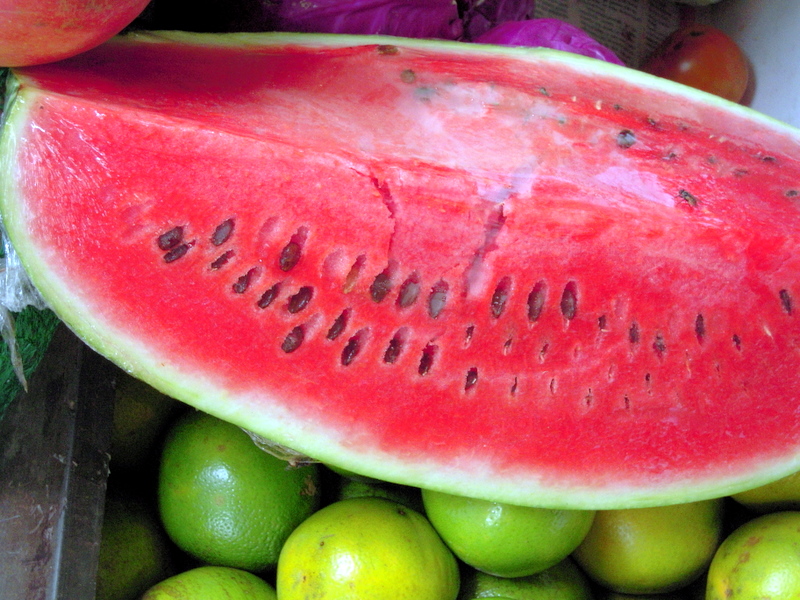Organic, Inc. describes the rise of “organic” from a hippie health-food eccentricity to a mainstream American food industry over the past few decades. Fromartz, a business journalist, writes in a very accessible and enjoyable style, that keeps your interest even in the midst of somewhat dry and esoteric subjects like political wrangling between organic proponents and the USDA or while evaluating organic alternatives to pesticides for California strawberry farms.
This book offers a lot more than an academic evaluation of organic business practices. Fromartz has met and interviewed many of the key players in the organic movement and doesn’t hesitate to share his own “conversion” experience to organic foods, which makes the book more personal and immediate. Like us at weirdcombinations, he’s enchanted with WholeFoods and showers praise on their very successful business model that promotes “health” in the context of a pleasing shopping experience for the consumer. For the writer, this is a big change from earlier health food markets full of poorly displayed whole grains and flavorless tofu products with minimal mass appeal.
In fact, it’s the expansion of the organic concept to a wider market of consumers that’s at the heart of this book. Using specific case studies: organic strawberry farming, breakfast cereal evolution, soy milk, baby greens, organic cows milk and others; Fromartz charts this growth in the context of multiple competing social, economic and political agendas. The issues range from organic purists versus marketing expansionists; consumers with health and environmental concerns; those with fear of pesticides; spiritual or religious beliefs; those seeking high quality fresh produce; a commitment to sustainable farming; advocates for small farmers versus huge agro producers; and economic incentives or necessity.
Frankly, organic turns out to be a lot more complex than I’d first envisioned before undertaking this enjoyable book. I’d always thought of it as a marketing ploy more than anything else, though it’s obvious now that there’s a lot to it. Here defined as a method of food production as opposed to a dietary prescription, Fromartz is ever-conscious of the role of the consumer. It turns out that we’re the ones that have really shaped the movement and keep it vital. Who would have guessed that that carton of vanilla Silk that you picked up at Berkeley Bowl West would have such a history and far reaching consequences?
